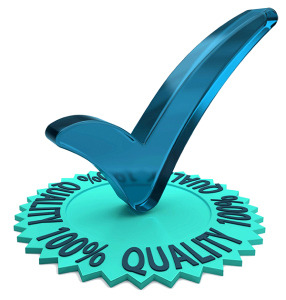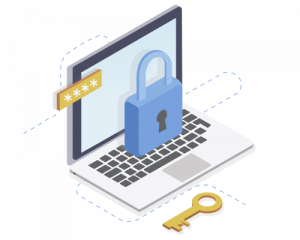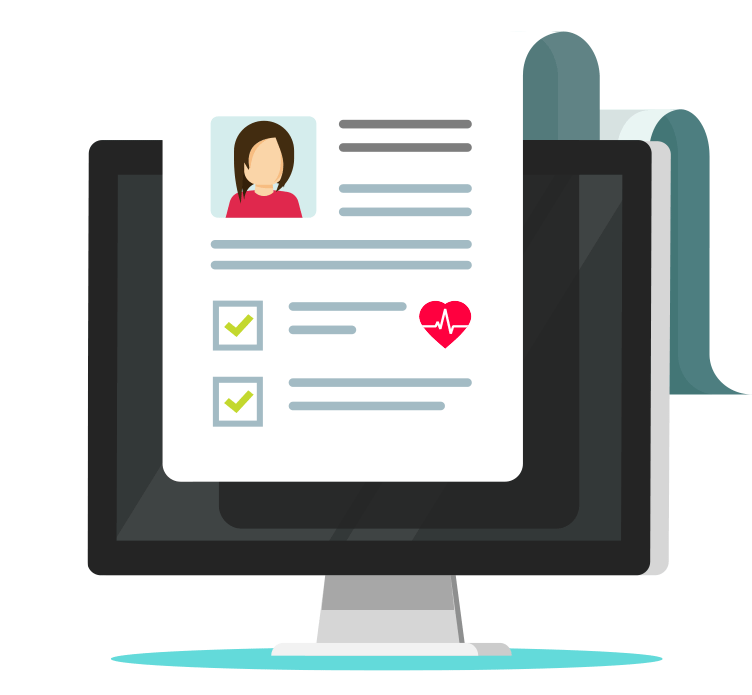
Case report forms (CRFs) are questionnaires commonly used in clinical trials for hypothesis testing and data analysis. CRFs are used by clinical trial sponsors and site personnel to collect patient information that informs the study’s efficacy and safety endpoints, such as weight, height, respiration, temperature, blood pressure, pulse, date of visit, and any adverse events that the patient may experience during the clinical trial. However, the type of data collected can be changed depending on the specific disease being studied and the study protocol. After the data on the CRF is captured, it is analyzed and sent to the sponsor’s database. After the clinical study, the CRF data is further analyzed to see the effectiveness of the drug or medical device, and the results are included in the clinical study report.
Although CRFs are traditionally paper questionnaires, electronic CRFs, or eCRFs, have become increasingly popular due to more rapid database lock, enhanced online discrepancy management, and better data quality. In addition, electronic case report forms offer the advantage of facilitating multicentric clinical studies due to more convenient administration. An eCRF also offers the advantage of handling multiple large studies with similar designs.
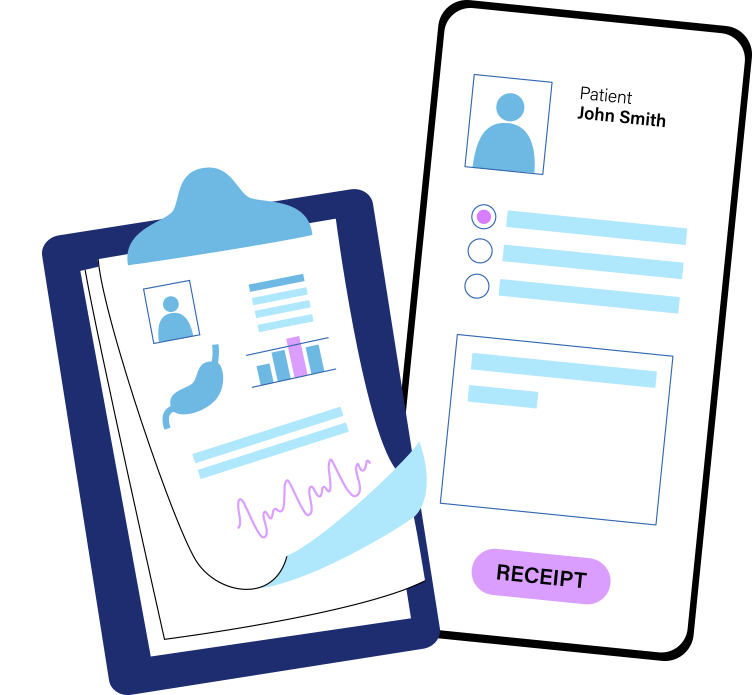
As the world becomes increasingly global, more and more life science companies are holding clinical trials, especially Phase III trials, in regions where English is not the primary language. For multilingual clinical trials, CRFs and eCRFs play a key role in documenting clinical data that determines if the drug or medical device performed as expected. In addition, since the information in CRFs is required for AE and SAE reporting by regulatory agencies like the FDA and EMA, accurate translations of CRFs are vitally important not only to avoid wasting money through incorrectly entering data but also maintaining regulatory compliance for clinical trials and proper safety reporting.
Given the importance of CRFs and eCRF in maintaining regulatory compliance and ensuring clinical trial outcomes, high quality, and timely CRF and eCRF translation is vital for life science companies to successfully conduct multilingual clinical trials. With a network of 10,000 global linguists and subject matter experts (SMEs), CSOFT provides timely and accurate CRF and eCRF translations backed by stringent quality assurance, enabling life science companies to conduct international multilingual clinical trials in 250+ languages.
Clinical Trial Protocol Translations
With an increasing demand for clinical trials globally, clinical trial protocol translations are essential to ensure that the standard operating procedures can be repeated or assessed in the targeted market. Following the protocols of clinical trials can ensure that case report forms are successfully repeated to the same standards, ensuring the safety of the trial and the integrity of the data collected. CSOFT Health Sciences can provide timely and precise translations to ensure protocol features are being met.
Learn more about our clinical trial protocol translations.
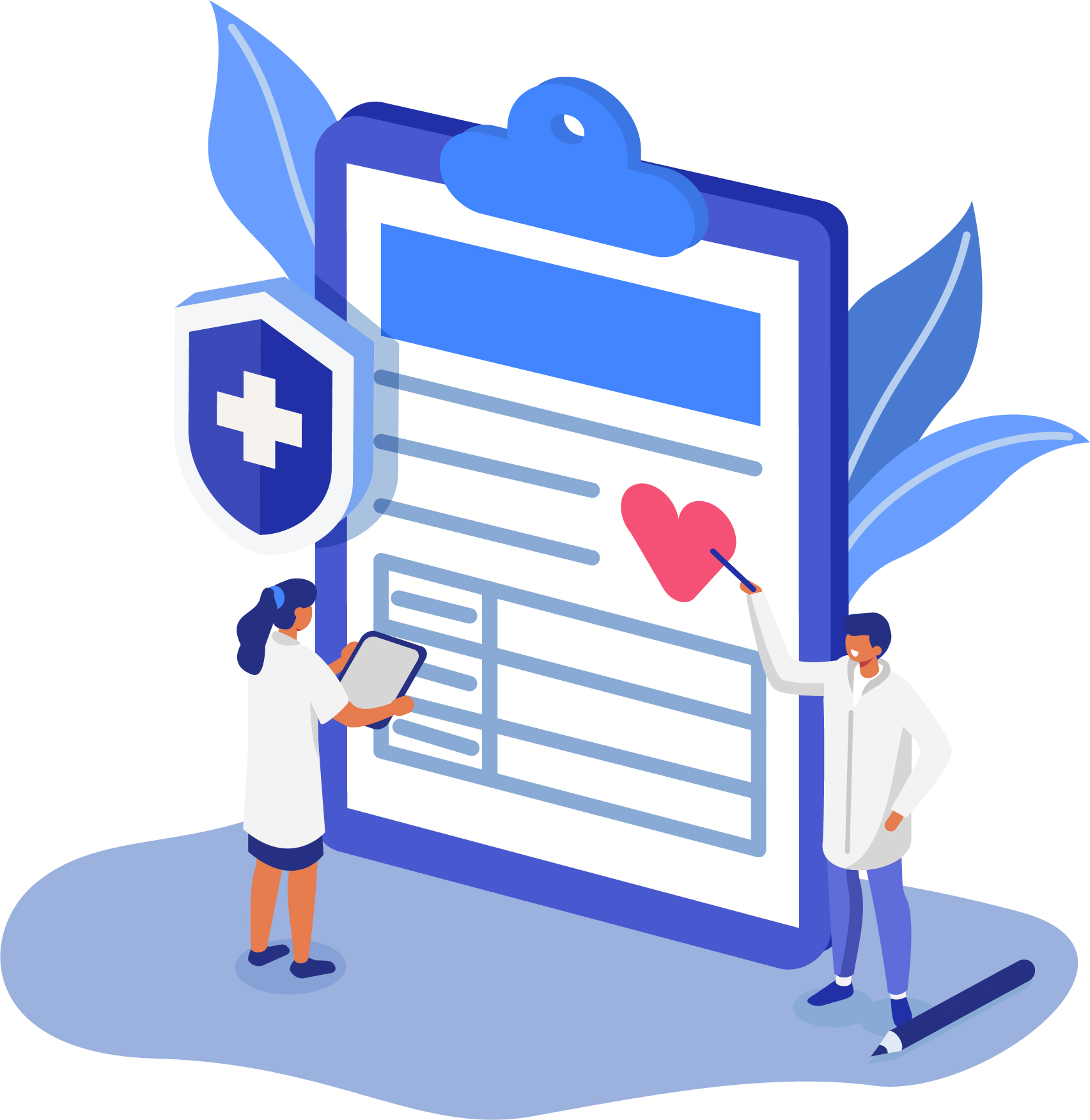
Informed Consent Form Translations
Informed consent form translations are crucial to maintain the patient’s safety and legal security for healthcare professionals and businesses in life sciences. Patients must have a full comprehension of regulatory requirements to verify appropriate reporting and analysis of data for health professionals involved in clinical trials. To recruit patients across the globe, CSOFT Health Sciences provides accurate and reliable informed consent form translations to ensure that medical professionals can recruit patients to participate in clinical trials in a safe manner, ensuring the consistency of case report forms.
Learn more about our informed consent form translations.
Drug Trial Protocol Translations
To gather suitable information and analysis of data, the drugs utilized in the clinical trial must be safe to use, making drug trial protocol translations critical in maintaining data integrity. If the drug protocols aren’t met due to mistranslation, then the data collected may be inaccurate, which can lead to a compromised case report form. To sustain high-quality data, CSOFT Health Sciences can verify the appropriate use of drugs in clinical trials, allowing medical professionals to successfully release a case report form.
Learn more about our drug trial protocol translations.
Pharmacovigilance Translations
Accurate CRF translations are critical in global clinical trials to ensure consistent data capture and regulatory compliance. Misinterpretations in documenting adverse events (AE) and individual case study reports (ICSR) can compromise patient safety and trial integrity. CSOFT Health Sciences leverages its vast network of in-country linguists and subject-matter experts to provide precise, timely translations of essential pharmacovigilance documentation. Our capabilities extend to DSURs, CIOMs forms, and clinical trial documents, ensuring global regulatory adherence and safeguarding patient outcomes.
Learn more about our pharmacovigilance translations.
Quality Assurance
CSOFT Health Sciences has developed a process for quality assurance to ensure that every medical translation project meets quality standards in a cost-effective and timely manner. We are certified in ISO 17100:2015, ISO 9001:2015, and ISO 13485:2016 to ensure our customized solutions meet global regulatory requirements. Our subject matter expert linguists have at least seven years of experience and work with in-country reviewers and project style guides to meet industry standards. CSOFT offers an online translation management ecosystem for one central location to leverage real-time translation memory and terminology management through our innovative cloud-based technology. Every step of the way, CSOFT has you covered.
Learn more about our quality assurance process.
Data Security
With over 20 years of experience in medical translation, CSOFT Health Sciences understands the importance of data security to our clients, and we take nothing for granted when confidentiality is a concern. Our well-documented and fully traceable information data security policies, checklists, and quality records leverage the best practices of ISO 27001. They are designed to protect everything from source data to translations. From our 24/7/365 data monitoring and advanced encryption to our access control measures, you can be sure that your project data is safe from start to finish.
Learn more about how CSOFT prioritizes data security.
